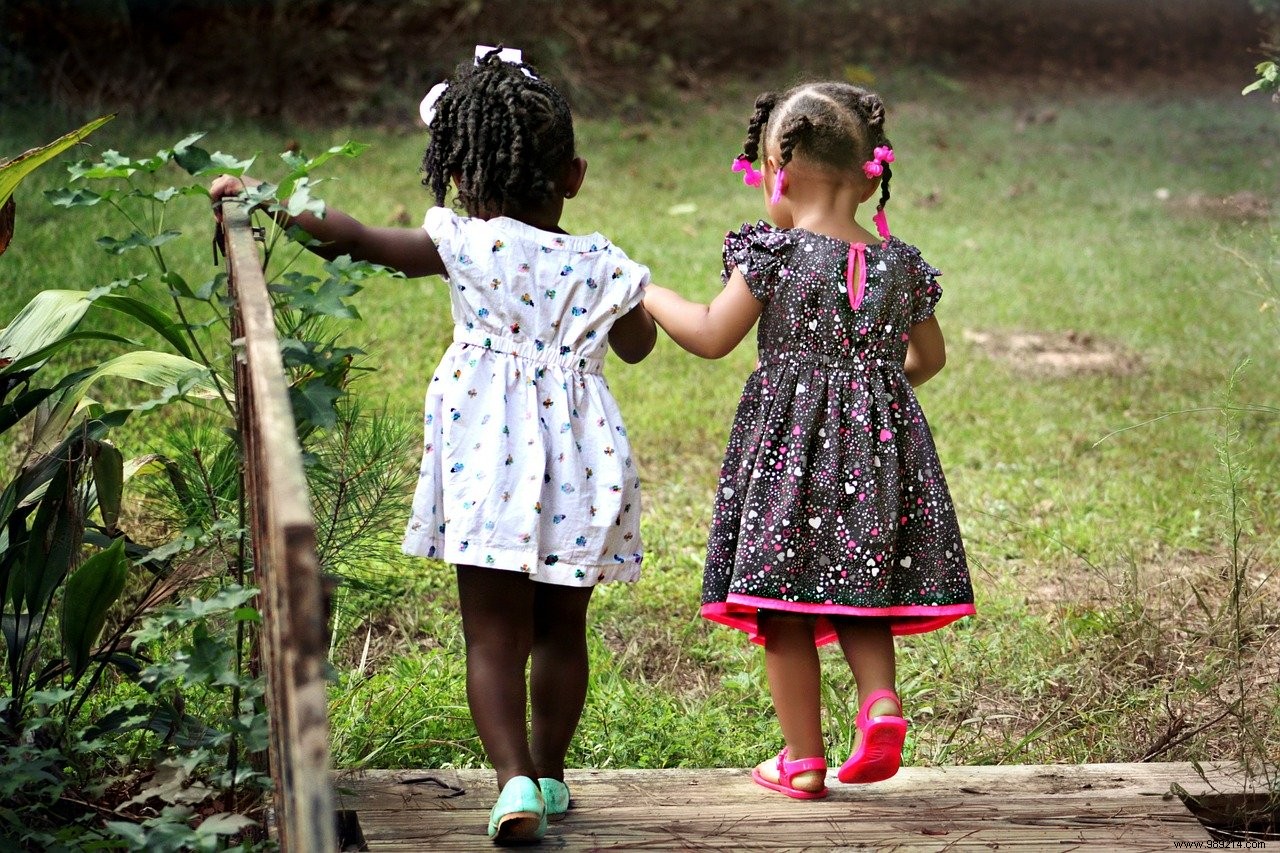A recent experiment conducted in Finland suggests that the simple act of playing in the greenery and litter of an undergrowth can change the immune system of children.
Asthma, eczema, type 1 diabetes, inflammatory bowel disease… autoimmune diseases (which result from a malfunction of the immune system) are of increasingly common in the West . One of the explanations put forward to explain the trend is that of the "hygienist hypothesis". Concretely, the idea is that repeated exposure to natural elements such as dust, dirt and pollen during youth strengthens the immune system. The lack of exposure to this type of element naturally induces the opposite effect.
Children are exposed to far fewer germs than in the past. This means that their immune system is less challenged and more prone to making mistakes.
Previous research has shown statistical associations between exposure to microbial diversity and the development of a healthier immune system . A new study, published in the journal Science Advances , is on the other hand the first to propose a true causal link .
As part of this work, the researchers tackled the playgrounds of several daycare centers in Finland. In concrete terms, they obtained authorization to replace the asphalt in several playgrounds with grass, shrubs, blueberries, moss and other bushes harvested from forest environments.
Children, 75 in total and all between the ages of three and five , were separated into two groups. The former continued to evolve in their concrete environment, while the others were encouraged to play in these new developed areas during their free time (on average 90 minutes, five days a week), for 28 days.
Of course, the kids had a blast! The researchers took blood samples from all the participants, before the study and then 28 days after, to analyze various markers of the immune system. They also made sure to give the same meals to all the children. Those who took probiotic supplements did not enter the study.

As a result, children whose outdoor play areas had been transformed into "mini-forests" actually benefited from greater gut microbial diversity (one-third higher), a characteristic linked to an overall healthier immune system.
Children who went outside more also had a higher concentration of a microbe called gamma-proteo-bacteria which seemed to stimulate the immune defense of the subjects' skin, increase useful immune secretions in their blood and reduce their level of interleukin 17A, linked to diseases transmitted by the immune system.
According to the researchers, this new experiment shows that it would therefore be possible to improve the immune development of children with relatively simple modifications to living environments in urban areas. Research by the same team is now underway to see if giving children a little immune "boost" could help reduce levels of autoimmune diseases.